Can You Fly With Weed Gummies in Checked Bag? ✈️ 2025 TSA Rules

So you're planning a trip and wondering whether you can pack your gummies in your checked bag? You're definitely not alone – this is one of the most searched questions by travelers right now. The short answer? It depends on what's in those gummies. 🌿
Here's the deal: if your gummies are hemp-derived with 0.3% THC or less, you're legally good to fly under federal law thanks to the 2018 Farm Bill. But if they're marijuana-derived with higher THC levels, you're technically breaking federal law – even though TSA officers aren't actively hunting for personal amounts of edibles. It's complicated, we know!
In this guide, we're breaking down everything you need to know about flying with gummies in 2025, including the latest TSA rules, what actually happens at airport security, state-by-state differences, and the safest legal alternatives that'll keep you chill without the legal risks. Let's dive in! ✈️
Table of Contents 📋
- Quick Answer: The 0.3% THC Rule Explained
- Federal Law vs State Law: What You Need to Know
- Hemp-Derived vs Marijuana-Derived: The Critical Difference
- What TSA Actually Looks For (And What They Don't) 🔍
- Checked Bag vs Carry-On: Which Is Safer?
- State-by-State Airport Policies
- What Happens If TSA Finds Your Gummies? 👮
- Legal Alternatives: Hemp Gummies You Can Fly With
- International Travel: Why You Should Never Risk It 🌍
- Smart Packing Tips for Travelers
- Frequently Asked Questions
Quick Answer: The 0.3% THC Rule Explained ✅
Let's cut right to it – the magic number you need to remember is 0.3%. This is the legal threshold that separates hemp from marijuana under federal law.
According to the official TSA website, marijuana and certain products remain illegal under federal law "except for products that contain no more than 0.3 percent THC on a dry weight basis or that are approved by FDA."
So here's what this means for you:
- Hemp-derived gummies (0.3% THC or less) → Federally legal to fly with ✅
- Marijuana-derived gummies (more than 0.3% THC) → Federally illegal to fly with ❌
- CBD gummies with no THC → Completely legal ✅
But here's where it gets interesting – TSA officers aren't actively searching for your personal stash. Their Instagram account literally posted: "Let us be blunt: TSA officers DO NOT search for marijuana or other illegal drugs." Their focus is on security threats like weapons and explosives, not edibles.
That said, if they stumble upon marijuana products during screening, they're required to report it to law enforcement. What happens next depends heavily on where you're flying from and how much you have.
Federal Law vs State Law: What You Need to Know ⚖️
This is where things get confusing, so let's break it down in plain English.
Federal Law Always Applies at Airports
Here's the thing – airports are federal jurisdiction, which means federal law supersedes state law once you step into that terminal. It doesn't matter if you're flying from California (totally legal state) to Colorado (another legal state). The moment you're at the airport, federal law is what counts.
And federally? Marijuana is still classified as a Schedule I controlled substance under the Controlled Substances Act. It's in the same category as heroin (yeah, seriously). This hasn't changed despite 24 states legalizing recreational use.
The 2018 Farm Bill Changed Everything for Hemp 🌿
The game-changer came with the 2018 Farm Bill, which legalized hemp at the federal level. Hemp is defined as the plant and any derivatives with delta-9 THC concentration of no more than 0.3% on a dry weight basis.
This is why you see hemp-derived products everywhere now – gas stations, convenience stores, online retailers. They're federally legal, which means you CAN fly with them. The catch? You need documentation proving they're actually hemp-derived.
What About That DEA Rescheduling Thing?
You might've heard that marijuana is being rescheduled to Schedule III. Here's the current status as of November 2025: it's been proposed but NOT finalized. The DEA issued a proposed rule in May 2024, but hearings have been postponed.
Even if rescheduling happens, it won't legalize recreational marijuana or change TSA policy overnight. You'd still need prescriptions from DEA-registered pharmacies. So for now, marijuana remains Schedule I.
Hemp-Derived vs Marijuana-Derived: The Critical Difference 🌱
Okay, so both hemp and marijuana come from the same plant species – they're cousins, basically. But legally, they're treated like complete strangers. Here's how to tell them apart:
| Factor | Hemp-Derived Gummies 🌿 | Marijuana-Derived Gummies 🍃 |
|---|---|---|
| THC Content | 0.3% or less delta-9 THC | More than 0.3% THC (often 5-50mg per gummy) |
| Federal Legal Status | ✅ Legal (2018 Farm Bill) | ❌ Illegal (Schedule I) |
| TSA Policy | Allowed with proper documentation | Not allowed (referred to law enforcement if found) |
| Documentation Needed | Certificate of Analysis (COA) recommended | N/A (illegal regardless) |
| Where to Buy | Online, retail stores nationwide | Licensed dispensaries in legal states only |
| Psychoactive Effects | Minimal to none | Yes, can be quite strong |
| Risk Level for Flying | 🟢 Low (if compliant with labeling) | 🔴 High (federal law violation) |
What's a Certificate of Analysis (COA)? 📄
If you're flying with hemp gummies, a COA is your best friend. This is a lab document that proves your product is actually hemp-derived and contains 0.3% THC or less. Reputable hemp brands provide these – either printed on the package, included in the box, or accessible via QR code.
A proper COA should show:
- Batch or lot number
- Exact THC percentage
- Testing date
- Lab certification
- Other cannabinoid levels (CBD, CBN, etc.)
Keep this handy (digital on your phone works) in case TSA or law enforcement questions your gummies. It won't guarantee you won't be hassled, but it's your proof of legality.
What TSA Actually Looks For (And What They Don't) 🔍
Let's talk about what really happens during airport security screening, because there's a lot of fear and misinformation out there.
TSA's Primary Mission
TSA officers are looking for threats to aviation security – think weapons, explosives, and other dangerous items. According to the TSA official statement, "TSA security officers do not search for marijuana or other illegal drugs."
They screen millions of bags every single day. Your small personal stash of gummies? Not even on their radar unless it's obvious or you've got a massive amount that suggests trafficking.
What About Drug-Sniffing Dogs? 🐕
Here's something most people don't know: airport security dogs are NOT trained to detect marijuana. They're trained exclusively for explosives. Why? Because marijuana smell is so prevalent on passengers' clothing and luggage that it would be useless for security purposes.
The dogs you need to worry about are at international customs (CBP), which is a whole different ballgame. Those dogs can detect drugs, and CBP is way more aggressive than TSA.
The Screening Process
When your bag goes through the X-ray machine, TSA is looking at density and shape. Gummies look like... well, gummies. They're not suspicious objects. If they're mixed with regular candy or in original packaging that looks like supplements, they'll likely go completely unnoticed.
If something in your bag flags their attention (for security reasons), they might open it for physical inspection. That's when edibles could be discovered. But again, unless you're flying from a strict prohibition state, most officers will just confiscate and move on.
Checked Bag vs Carry-On: Which Is Safer? 🎒
This is a strategic question many travelers wonder about. Both options have pros and cons:
Checked Luggage
Pros:
- Screened behind the scenes without you present
- Can pack in original containers without liquid restrictions
- Less likely to be randomly selected for inspection than carry-on
Cons:
- If found, TSA contacts you after the fact or law enforcement meets you at arrival
- You're not there to explain or dispose of items
- Approximately 10% of checked bags are randomly searched more thoroughly
Carry-On Luggage
Pros:
- You're present during screening
- Can immediately respond if questioned
- If asked to dispose, you can use amnesty boxes before security checkpoint
- TSA sees thousands of bags daily – small amounts often overlooked
Cons:
- All carry-ons go through X-ray screening
- More likely to be hand-searched if something looks suspicious
- Liquid restrictions apply (though gummies aren't affected)
The Verdict?
For small personal amounts, many experienced travelers actually prefer carry-on mixed with regular gummies or snacks. It sounds counterintuitive, but being present gives you more control. That said, we're talking about the "enforcement reality" here – federally, it's still illegal for marijuana-derived products regardless of where you pack them.
State-by-State Airport Policies 🗺️
Even though federal law applies everywhere, local law enforcement responses vary dramatically depending on which state (and which airport) you're in. Let's look at the differences:
Most Lenient: Los Angeles (LAX) ✌️
LAX has the most relaxed policy in the country. According to the official LAX marijuana policy, airport police "have no jurisdiction to arrest individuals if they are complying with state law" (up to 28.5 grams of marijuana or 8 grams of concentrate).
The catch? TSA screening stations are still federal jurisdiction. But in practice, even if TSA finds your product at LAX and calls airport police, they're unlikely to care if you're within California limits. They might confiscate it, but arrests are rare for personal amounts.
Legal But Strict: Denver International Airport 🏔️
Despite Colorado legalizing recreational use in 2012, Denver airport explicitly prohibits marijuana on airport property. They have amnesty boxes before security checkpoints where you can dispose of products no questions asked.
Why so strict if it's legal? Federal funding requirements. Airports receiving federal dollars must comply with federal drug laws.
Amnesty Box Locations 📦
Several airports have "amnesty boxes" where you can dispose of marijuana before going through security:
- Denver International: Multiple boxes at security checkpoints
- Chicago O'Hare: 12 amnesty boxes throughout the airport
- Chicago Midway: 1 amnesty box
- Las Vegas McCarran: Amnesty boxes available
- Colorado Springs: 2 boxes (collected 17,003 grams from 2014-2019!)
These boxes are anonymous – you just drop your stuff and walk away. Police destroy the collected product to maintain federal compliance.
Prohibition States: High Risk 🚫
Flying from states where marijuana is completely illegal? That's where you face the highest risk. States like Idaho, Nebraska, Kansas, and Texas have strict enforcement and local police WILL arrest you if TSA calls them.
In these states, you could face:
- Criminal charges (misdemeanor or felony depending on amount)
- Fines ranging from $500-$10,000+
- Jail time
- Criminal record
- Loss of Global Entry/TSA PreCheck status
What Happens If TSA Finds Your Gummies? 👮
Okay, so TSA finds marijuana gummies in your bag. What actually happens next? Here's the hierarchy of outcomes from most to least common:
Scenario 1: Confiscation Only (Most Common) ✂️
In legal states, TSA often confiscates the product and sends you on your way. They might give you a stern warning, but that's it. This is especially common at LAX, Las Vegas, and other airports in legal states when you have small personal amounts.
Scenario 2: Disposal Request 🗑️
TSA asks you to dispose of the product – either in the trash or in an amnesty box. You throw it away, continue through security, and catch your flight. No further action.
Scenario 3: Local Police Called (Less Common) 👮♀️
TSA calls local law enforcement. What happens here depends entirely on local policy:
- Legal states: Police might issue a warning and confiscate
- Prohibition states: You could be arrested, ticketed, or charged
- Amount matters: A few gummies vs a bag full makes a huge difference
Scenario 4: Arrest (Rare for Small Amounts) 🚔
Arrests happen, but they're uncommon for small personal amounts in legal states. You're more at risk if you:
- Have large quantities suggesting trafficking
- Have other contraband (weapons, large cash amounts)
- Are flying from a prohibition state
- Are uncooperative or combative with officers
Scenario 5: Federal Charges (Very Rare) ⚖️
Federal prosecution for personal amounts is extremely rare. The feds focus on trafficking operations, not individual travelers with a few gummies. But technically, transporting Schedule I substances across state lines IS a federal crime.
What Should You Do If Stopped? 💬
Here's practical advice if TSA questions you about gummies:
- Stay calm and polite – hostility only makes things worse
- Know your rights – you don't have to answer questions without a lawyer
- Be honest if they're hemp-derived – show your COA documentation
- Don't volunteer information – let them ask questions
- Ask to dispose and continue – many times they'll allow this
- Request a supervisor if the officer seems overly aggressive
Remember: cooperation typically leads to the best outcome. Fighting or arguing rarely helps your case.
The Reality of Racial Disparities ⚖️
We need to talk about something most travel articles completely ignore: enforcement isn't equal. People of color face dramatically different treatment than white travelers even in legal states.
Data shows that despite similar usage rates, Black individuals face incarceration rates 4x higher than white individuals for marijuana offenses in Colorado. One industry insider noted: "When you look and talk like me (white male), you have nothing to fear from cops. When you don't, cops are a direct threat to your life and freedom."
If you're a person of color, you face higher risk even for the same behavior. This isn't fair, but it's critical safety information. Consider sticking to legal hemp alternatives or avoiding risk altogether.
Legal Alternatives: Hemp Gummies You Can Fly With 🌿
Let's talk about the smart, legal way to travel with products that help you relax without the federal crime risk.
Hemp-Derived Options
Hemp gummies with 0.3% THC or less are completely legal to fly with anywhere in the United States. These products often contain:
- CBD (Cannabidiol): Non-psychoactive, helps with anxiety and relaxation
- CBN (Cannabinol): Known for sleep-promoting effects
- CBG (Cannabigerol): Helps with stress and focus
- Small amounts of delta-9 THC: Under the legal 0.3% limit
While they won't get you "high" like dispensary gummies, many people find them perfectly effective for travel anxiety, sleep on flights, or just taking the edge off.
What to Look For When Buying
Not all hemp products are created equal. Here's what to check:
- ✅ Third-party lab tested with accessible COA
- ✅ Clear labeling showing THC percentage
- ✅ Reputable brand with good reviews
- ✅ Original packaging with ingredients list
- ✅ Made in USA with domestic hemp
Avoid sketchy gas station brands with vague labeling or products that don't provide COAs. These could actually contain more than 0.3% THC (illegal) or have contaminants.
FDA-Approved Cannabis Medications 💊
There are exactly three FDA-approved cannabis-based medications you can legally fly with:
- Epidiolex: CBD-based medication for seizures
- Marinol/Syndros: Synthetic THC (dronabinol) for nausea and appetite
- Cesamet: Synthetic cannabinoid (nabilone)
These require prescriptions and should be kept in original pharmacy bottles. They're treated like any other medication by TSA.
International Travel: Why You Should Never Risk It 🌍
Listen up because this is important: Do NOT fly internationally with ANY THC products, even hemp-derived gummies with less than 0.3% THC. Just don't do it. Here's why:
Different Countries, Different Laws
What's legal in the U.S. under the Farm Bill means absolutely nothing once you land in another country. Many nations have:
- Zero-tolerance drug policies
- Mandatory minimum sentences for any amount
- Harsh penalties including years in prison
- No distinction between hemp and marijuana
Countries like Singapore, Indonesia, Japan, United Arab Emirates, and many others have severe consequences for THC products – we're talking years in prison or worse.
Customs Is Different From TSA 🛃
When you go through international customs (CBP on return, foreign customs on entry), you're dealing with drug-detecting dogs that ARE trained to find THC. Unlike TSA dogs (explosives only), customs dogs will hit on your gummies.
Customs officers are way more thorough than TSA, and they have authority to:
- Search all your luggage without probable cause
- Seize products and devices
- Deny entry or exit
- Arrest and detain you
- Ban you from future travel
Even Canada Isn't Safe ❌
You might think "Canada has legal marijuana, so it's fine to bring some across, right?" Wrong. It's still illegal to transport marijuana across the Canadian-U.S. border in either direction, even though both jurisdictions have legal marijuana programs.
Canadian border services explicitly state that crossing with marijuana can result in arrest, fines, and a criminal record that bars future entry.
The Bottom Line on International Travel
It's just not worth it. If you need products at your destination, research local laws and purchase locally if legal. Or stick to products you can buy anywhere like melatonin, magnesium, or other legal supplements.
Smart Packing Tips for Travelers 🎒
If you've decided to travel with hemp-derived gummies (legally) or you're willing to accept the risk with marijuana-derived products (illegal federally), here are some practical packing tips from experienced travelers:
Storage & Smell-Proofing
Even legal hemp products can raise eyebrows if they smell strong. Proper storage is key:
Keep Your Products Fresh and Discreet with Smell-Proof Weed Bags 🎒
Whether you're traveling with legal hemp gummies or just want to keep your products fresh during your trip, proper storage makes all the difference. Our custom mylar bags and weed bags are specifically designed to lock in freshness and keep odors contained. These aren't your average baggies – they're made with multiple layers of barrier protection that prevent air exchange, meaning zero smell leaks.
Why does this matter? Even if you're flying with perfectly legal hemp products, you don't want the hassle of extra screening just because your bag smells like a dispensary. Our smell-proof weed bags create an airtight seal that keeps TSA from getting suspicious and your products from degrading due to air exposure during travel. Plus, they're discreet, durable, and reusable – perfect for the frequent flyer.
Other storage options include:
- Mason jars with rubber gasket seals – create true airtight barriers
- Original packaging – keeps hemp products looking legitimate with COA visible
- Mixed with regular candy – many travelers mix gummies with Sour Patch Kids or trail mix
- Toiletry bags – keeps gummies with other personal items, less suspicious
Documentation
If you're flying with hemp products, keep documentation accessible:
- Certificate of Analysis (COA) saved on your phone
- Original packaging with ingredients and THC percentage
- Receipt showing legal purchase
- Brand website bookmark showing hemp certification
Timing & Dosage Considerations ⏰
Here's something experienced travelers know: don't take edibles until you're at cruising altitude. Seriously.
Why? Tarmac delays happen. You don't want to be stuck on the ground for an extra 2 hours while your edible kicks in. Wait until the plane levels off and you're confident you'll be in the air for the duration.
Also consider:
- Cabin pressure and altitude can intensify effects
- Start with a lower dose than you'd normally take on the ground
- Onset time is still 45-90 minutes, plan accordingly
- Duration is 4-8 hours, make sure your flight isn't too short
- Stay hydrated – dehydration in pressurized cabins makes effects stronger
What NOT to Do ❌
- Don't brag about it on social media before/during your trip
- Don't pack with other suspicious items (large cash amounts, weapons)
- Don't be obvious – keep things subtle and normal-looking
- Don't pack large quantities that suggest dealing/trafficking
- Don't argue with TSA if they find something – cooperate
Frequently Asked Questions 🤔
Can you legally fly with weed gummies in your checked bag?
It depends on the THC content. Marijuana-derived gummies with more than 0.3% THC are federally illegal to fly with, even in checked bags and even between two legal states. However, hemp-derived gummies with 0.3% THC or less are legal to fly with under the 2018 Farm Bill. TSA security officers don't actively search for marijuana, but if they find it during screening, they're required to report it to law enforcement. The final decision always rests with the TSA officer on duty.
What's the difference between hemp gummies and marijuana gummies for flying?
The critical difference is THC percentage, which determines legal status. Hemp-derived products contain 0.3% delta-9 THC or less on a dry weight basis and are federally legal under the 2018 Farm Bill. Marijuana-derived products contain more than 0.3% THC (often 5-50mg per gummy) and remain Schedule I controlled substances under federal law. For flying purposes, only hemp-derived gummies with proper documentation (Certificate of Analysis showing THC levels) are legally permitted. The effects are also different – hemp gummies won't get you "high" like dispensary gummies with 10-50mg THC.
What happens if TSA finds weed gummies in your checked bag?
TSA's official policy states they'll refer any suspected violations of law to local law enforcement. In practice, outcomes vary dramatically by location. At airports in legal states like LAX or Las Vegas, officers often confiscate the product and let you continue without charges. In prohibition states like Texas or Idaho, you could face arrest and criminal charges. Most commonly, TSA confiscates the product, you dispose of it in an amnesty box or trash, and you continue your travels. Large quantities raise more serious concerns about trafficking and increase likelihood of arrest.
Is it safer to put gummies in checked luggage or carry-on?
Counterintuitively, carry-on might be safer for small personal amounts. Checked bags are screened behind the scenes without you present, and about 10% are randomly searched more thoroughly. With carry-on, you're present during screening, and if questioned, you can immediately dispose of items or provide documentation for hemp products. TSA agents see thousands of bags daily and focus on security threats, not small amounts of edibles. That said, neither option is without legal risk if the product contains more than 0.3% THC, which violates federal law regardless of where you pack it.
Will a medical marijuana card help me fly with gummies?
No, a medical marijuana card doesn't provide any protection at airports. Airports are federal jurisdiction where federal law applies regardless of state medical marijuana programs. TSA enforces federal law uniformly across all states, and marijuana remains federally illegal as a Schedule I controlled substance. Medical cards can help at your destination in the 18 states offering reciprocity (like Arizona, Michigan, Nevada, Oklahoma), but they provide absolutely no protection during TSA screening. The only exceptions are FDA-approved medications like Epidiolex, which require prescriptions and should be in original pharmacy bottles.
Can you fly internationally with hemp gummies?
Absolutely not recommended, even for hemp-derived products legal in the U.S. International flights cross into foreign jurisdictions where different drug laws apply, and many countries have zero-tolerance policies with severe penalties for any THC products. You could face arrest, imprisonment, deportation, or lifetime travel bans. Additionally, you'll go through customs where drug-detecting dogs are actively used (unlike TSA dogs which only detect explosives). Countries like Singapore, Indonesia, Japan, and UAE have mandatory sentences including years in prison. Even Canada prohibits transporting marijuana across the border despite both countries having legal programs. Never risk international travel with any THC product.
How can I legally fly with gummies that help me relax?
Your best legal option is purchasing hemp-derived gummies with 0.3% THC or less from reputable brands. These products are federally legal under the 2018 Farm Bill and allowed through TSA security. Look for brands that provide Certificates of Analysis (COA) proving compliance with THC limits, and keep products in original packaging with the COA easily accessible on your phone. Many hemp gummies also contain CBD, CBN, or CBG for relaxation and sleep effects without legal risks. Store them in smell-proof containers like custom mylar bags or weed bags to maintain freshness and discretion during travel.
Final Thoughts: Making Smart Travel Decisions ✈️
Look, we get it – flying can be stressful, and gummies help a lot of people manage anxiety, pain, or just relax during travel. The legal landscape is confusing with federal prohibition conflicting with state legalization, and enforcement varies wildly depending on where you're flying.
Here's our honest take: if you want zero legal risk, stick with hemp-derived gummies under 0.3% THC. They're completely legal, widely available, and won't get you in any trouble with TSA or law enforcement. Yeah, they're not as strong as dispensary edibles, but they work for many people and the peace of mind is worth it.
If you choose to fly with marijuana-derived products despite federal law, understand the risks:
- You're technically breaking federal law
- Outcomes depend heavily on location, quantity, and other factors
- People of color face disproportionate risk
- International travel is extremely dangerous
- You could lose Global Entry/TSA PreCheck status
Whatever you decide, be informed, be strategic, and be aware of what you're risking. Safe travels! ✌️
Related Reading 📚
See also: Can Weed Expire in a Bag? 🌿 🤔 Here's What You Need to Know!
See also: Can You Put Weed in a Checked Bag? ✈️ The Essential Guide for U.S. Travelers
Legal Disclaimer: This article provides educational information about TSA regulations, federal law, and state laws regarding flying with gummies containing THC. It is not legal advice and should not be construed as encouraging illegal activity. Laws vary by jurisdiction and change frequently. Marijuana remains federally illegal as a Schedule I controlled substance despite state legalization. Consult legal counsel for advice specific to your situation. Roll Your Own Papers does not encourage violating federal, state, or local laws.
Last updated: November 17, 2025
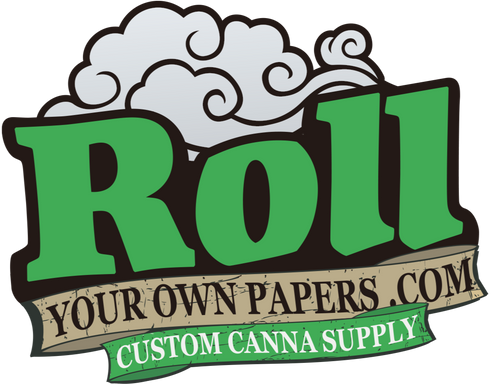
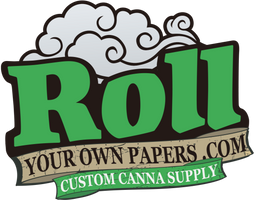
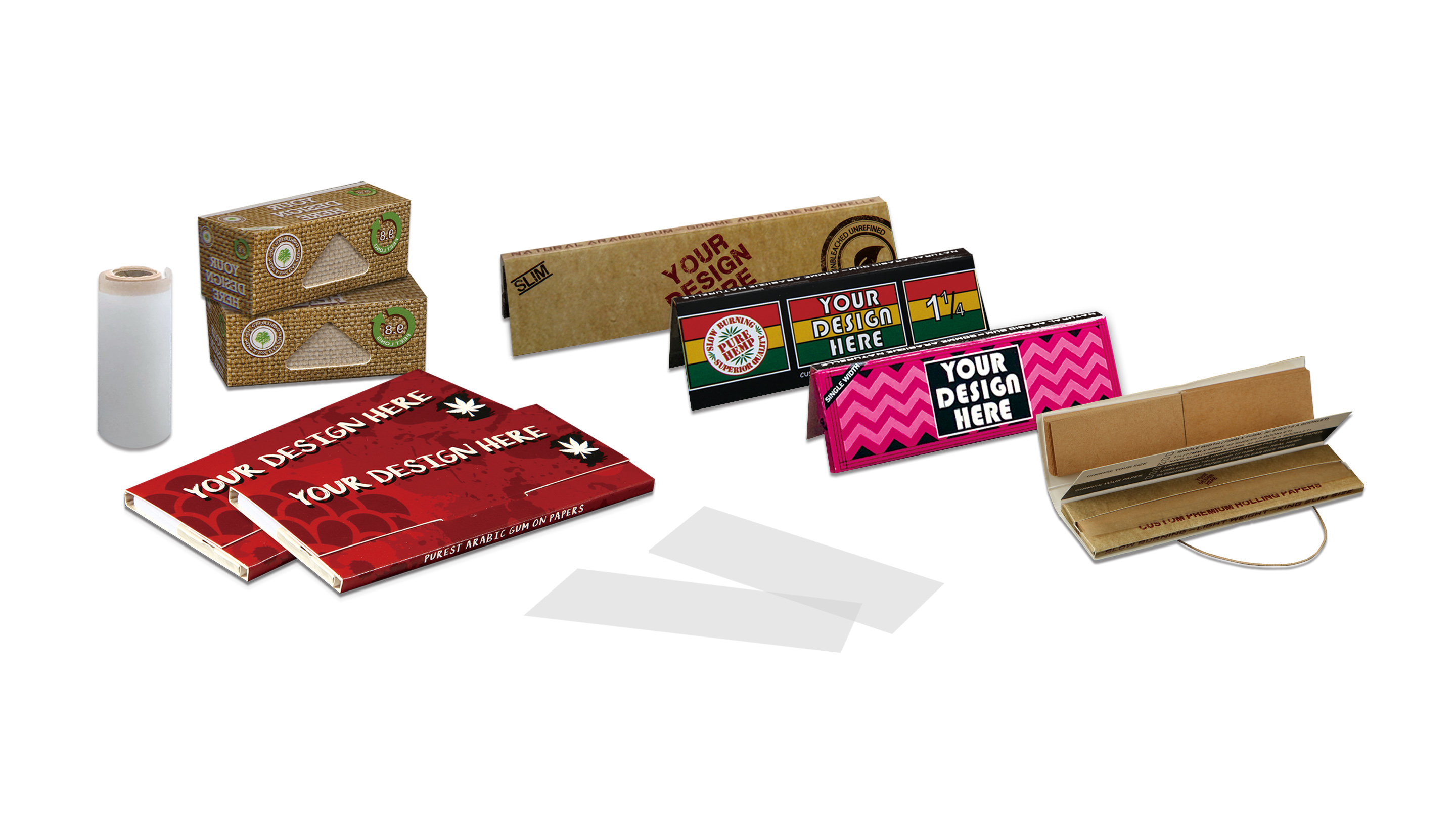
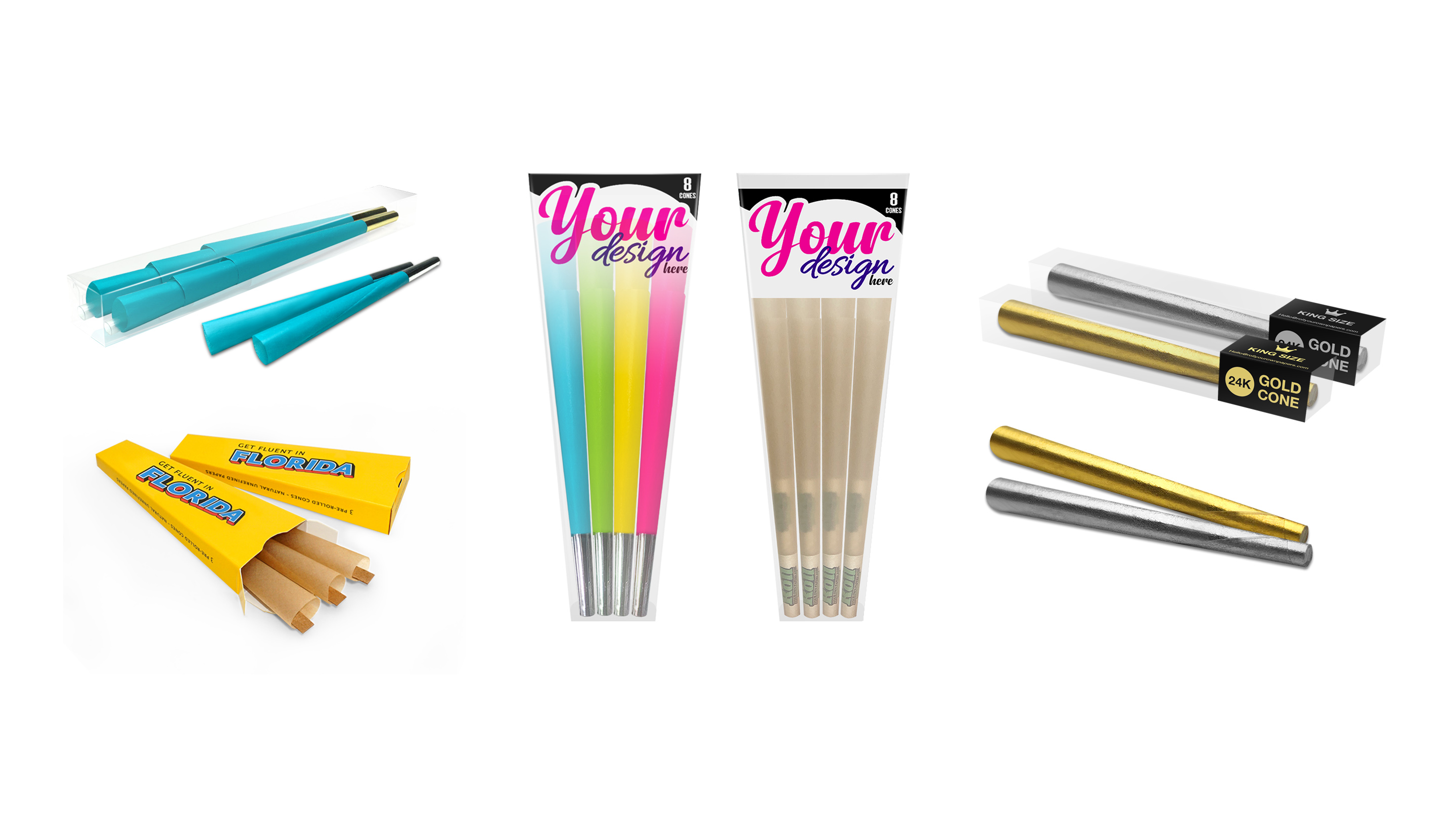
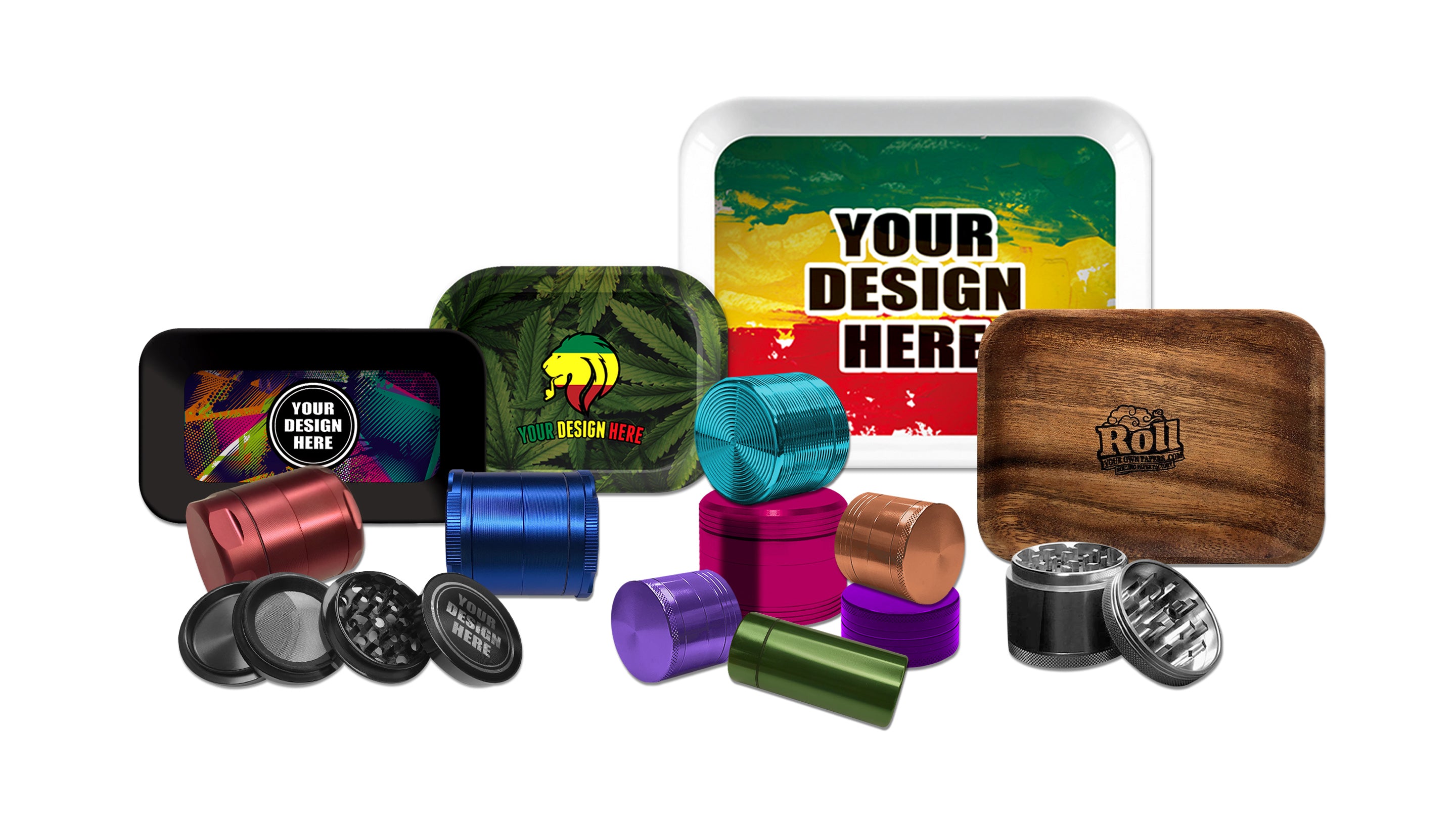
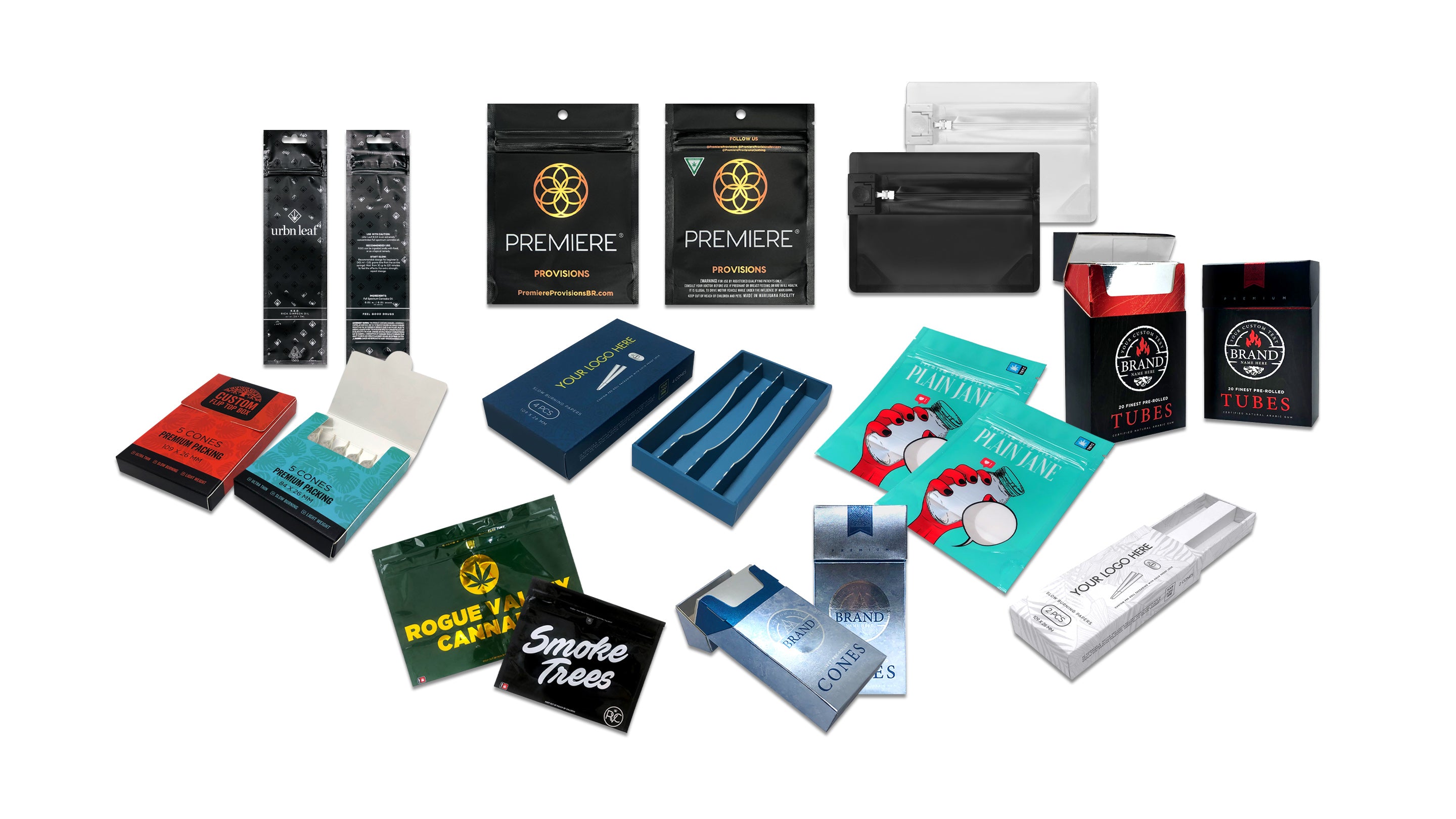
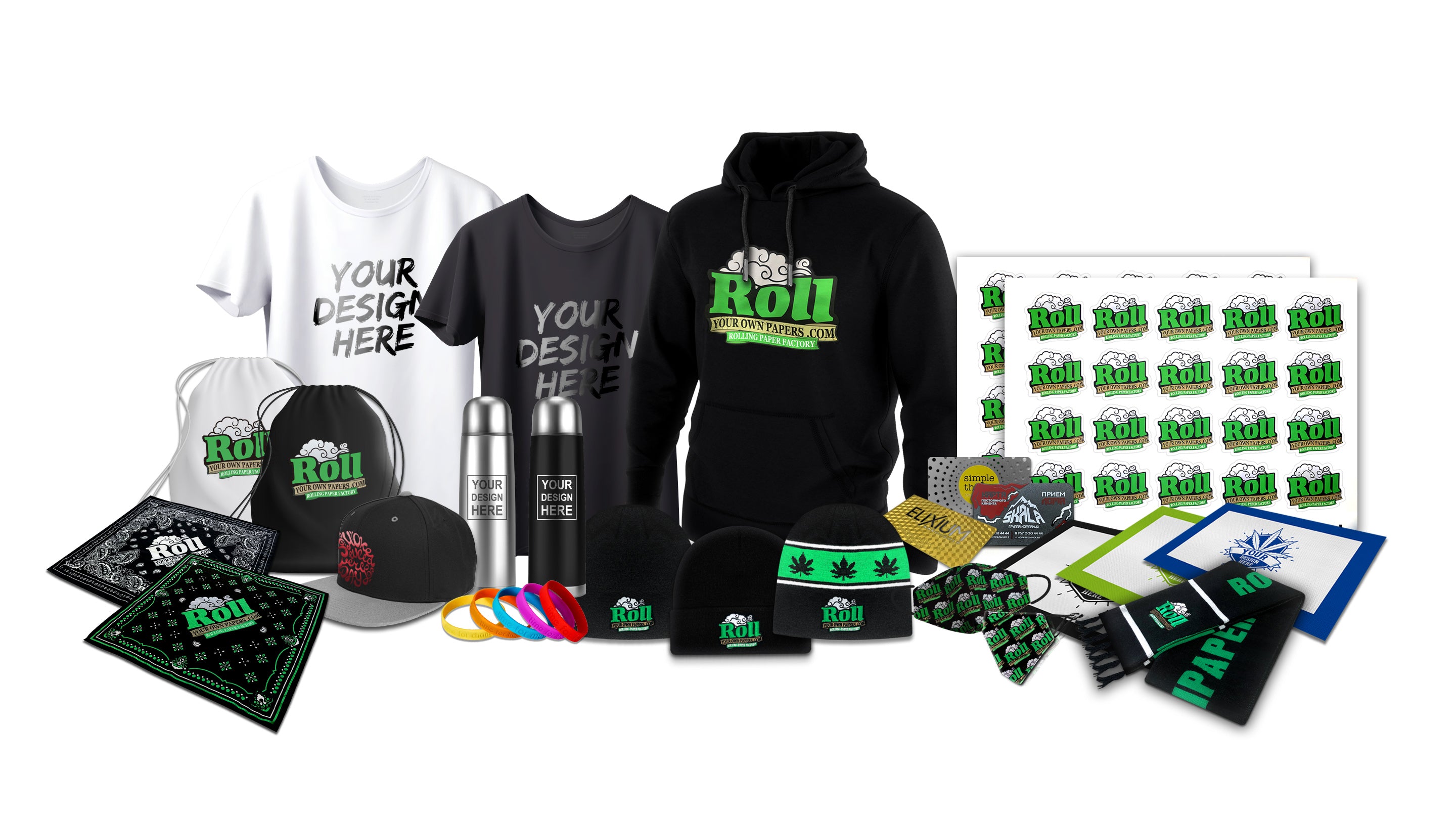
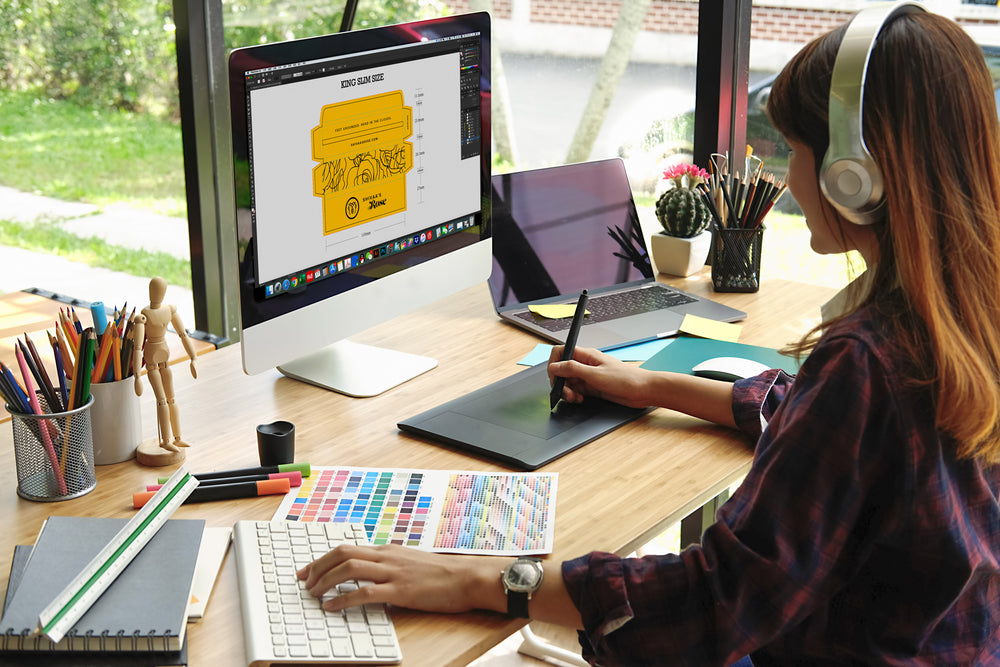




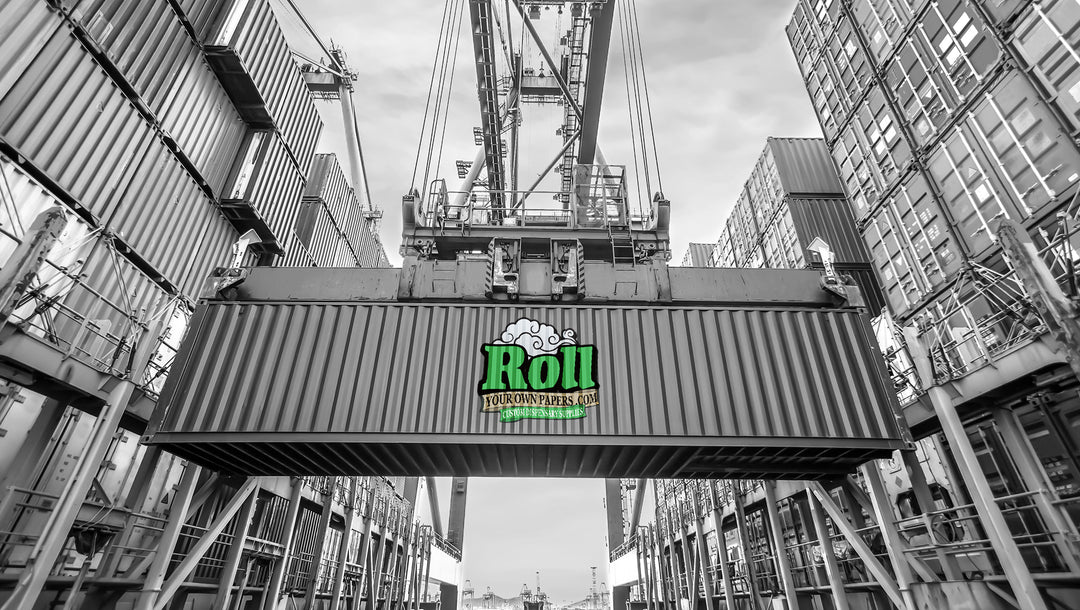
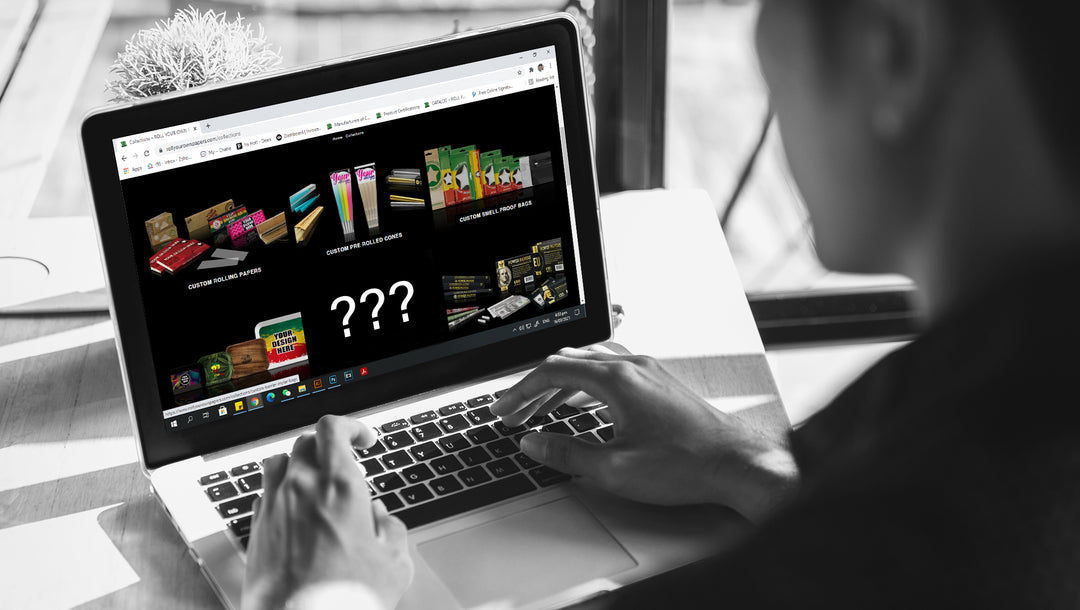
Leave a comment